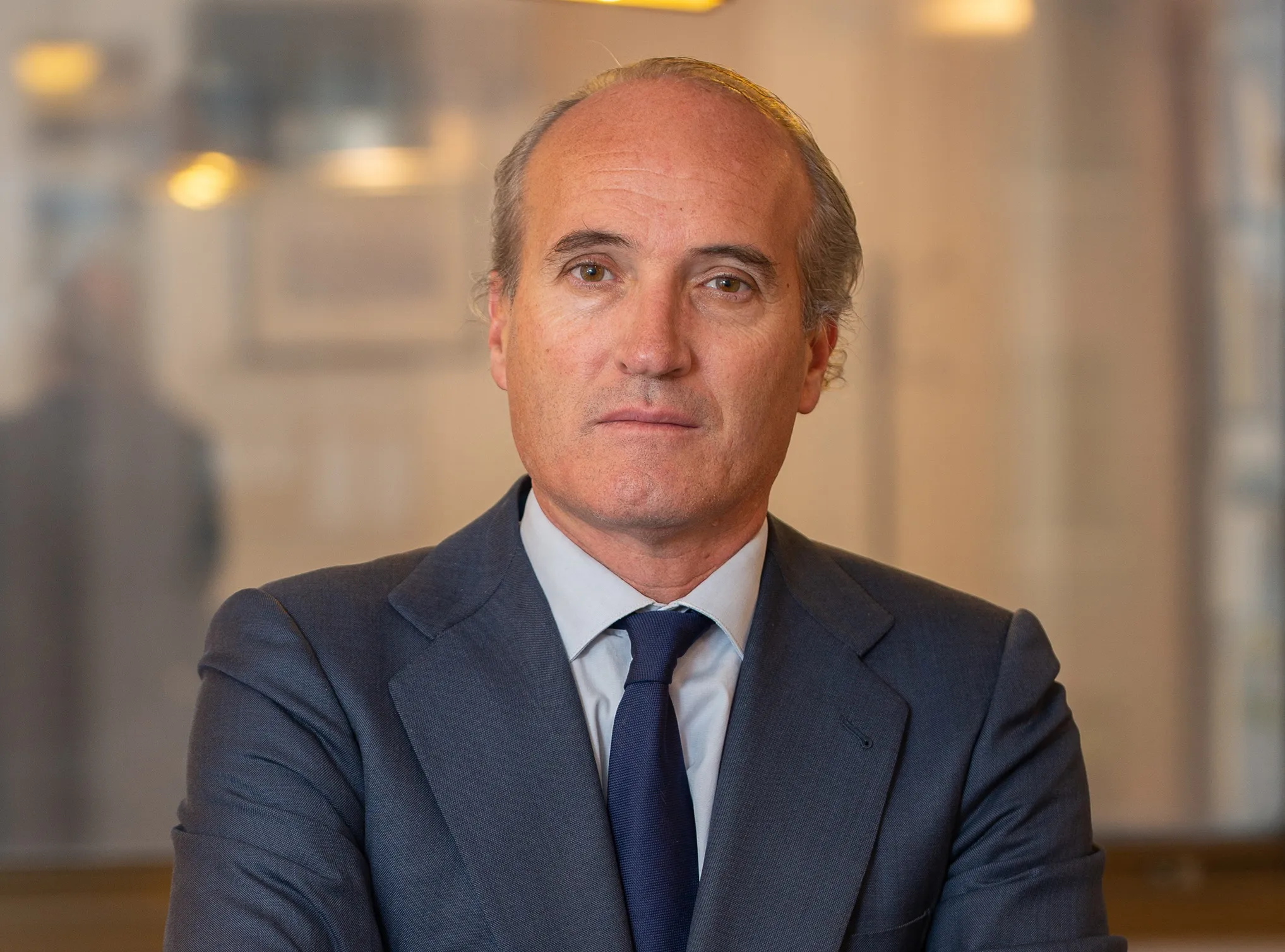
Asecap, the European Association of Operators of Toll Road Infrastructures, has appointed Julián Núñez as president for 2024.
A civil engineer, Núñez has been president of Seopan, the Spanish Association of Infrastructure Contractors and Concessionaires, since 2013.
“Julián’ skills and expertise will bring great value to Asecap and the toll road infrastructure companies” said Asecap secretary general and CEO Malika Seddi.
Green issues will be a major focus during Núñez's year-long tenure.
"More than ever today, there is a need to invest in transport decarbonisation which will be only effective if road transport is decarbonised," he says. "There is also an important priority to maintain road infrastructure to keep them resilent and compliant with all the enviromental issues."
Infrastructure has a major role to play in reaching the European Union's goal to be carbon neutral by 2050, he adds.
Núñez is also vice president and a member of the board of directors at the Spanish Confederation of Business Organisations (CEOE); vice president of the National Confederation of Construction (CNC); council member of the Labor Foundation of Construction (FLC); and a member of the Spanish Road Association (AEC) board of directors.
Who is on the Asecap board?
• Konstantinos Koutsoukos, Hellastron past president, first vice president of Asecap
• Christophe Boutin, Asfa executive director, second vice president of Asecap
• Josef Fiala, CFO of Asfinag, immediate past president of Asecap
• Manuel Melo Ramos, Apcap president,
• Massimo Schintu, Aiscat executive director








